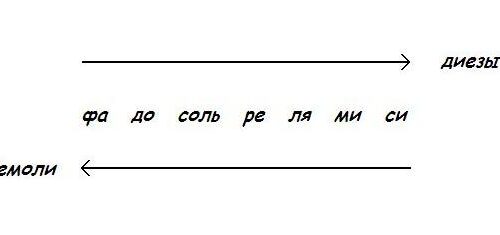The most famous works for a’capella choir
Contents
“Echo” Orlando di Lasso
One of the most striking works for choir is “Echo” Orlando di Lasso, written on his own texts.
The choir is written in the form of a canon, and contains two homophonic harmonic layers – the main choir and the ensemble of soloists, with the help of which the composer achieves the echo effect. The choir sings loudly, and the soloists repeat the endings of the phrases on the piano, thereby creating a very colorful and vibrant image. The short phrases have different intonations – imperative, interrogative and even pleading, and the sound fading at the end of the work is also very expressively shown.
Despite the fact that this work was written many centuries ago, the music unconditionally captivates the modern listener with its freshness and lightness.
****************************************************************************************************************
Cycle “Four Choirs to the Poems of A. Tvardovsky” by R. Shchedrin
Cycle “Four choirs to poems by A. Tvardovsky” by R. Shchedrin is special. It touches on a very painful topic for many. The choir is written on poems about the Great Patriotic War, it reveals themes of grief and sadness, heroism and patriotism, as well as national respect and pride. The author himself dedicated this work to his brother, who did not return from the war.
The cycle is formed by four parts – four choirs:
- First choir “What a dear friend” acts as a prologue and has a stern and narrative character.
- Second – “The war has passed” permeated with pain about irreparable losses, lyrical reflections on the dire consequences of war.
- Third choir “I was killed near Rzhev” – the story of a soldier who died in battle is dramatic.
- Fourth – “To you those who have fallen” can be called a hymn, it is imbued with solemnity and deep respect for the heroes of the war.
****************************************************************************************************************
P. Tchaikovsky “The golden cloud spent the night”
Another famous work for choir is miniature by P. Tchaikovsky “The golden cloud spent the night”, written on M. Lermontov’s poem “The Cliff”. The composer deliberately used not the title of the verse, but the first line, thereby changing the meaning and central image.
Tchaikovsky very skillfully shows different images and states with the help of harmonies and dynamics in such a miniature work. Using choral narration, the author assigns the choir the role of narrator. There are states of slight sadness, sadness, thoughtfulness and contemplation. This seemingly short and simple work contains a very deep meaning that only a subtle and sophisticated listener can grasp.
****************************************************************************************************************
“Cherubic Song” V. Kallinikova
“Cherub” by V. Kallinikov can be found in the repertoire of many professional and parochial choirs. This happens for the reason that everyone who hears this choir cannot remain indifferent, it fascinates with its beauty and depth from the first chords.
The Cherubim is part of the Orthodox Liturgy, and is very important, since from now on only baptized Christians can attend the service.
This work for choir is universal in that it can be performed both as part of the Divine Liturgy and as an independent concert work, in both cases captivating worshipers and listeners. The choir is filled with some kind of sublime beauty, simplicity and lightness; there is a desire to listen to it many times, constantly finding something new in this music.
****************************************************************************************************************
“All Night Vigil” S. Rachmaninov
“All Night Vigil” by Rachmaninoff can be considered a masterpiece of Russian choral music. Written in 1915 based on everyday church chants.
An all-night vigil is an Orthodox service, which, subject to church regulations, should continue from evening until dawn.
Although the composer took everyday melodies as a basis, this music cannot be performed in services. Because it is large-scale and pathetic. While listening to a piece, it is very difficult to maintain a prayerful state. Music evokes admiration, delight and puts you into some kind of unearthly state. Unexpected harmonic revolutions create a kaleidoscope effect, constantly revealing new colors. Every person who lives on this planet should experience this unusual music.




